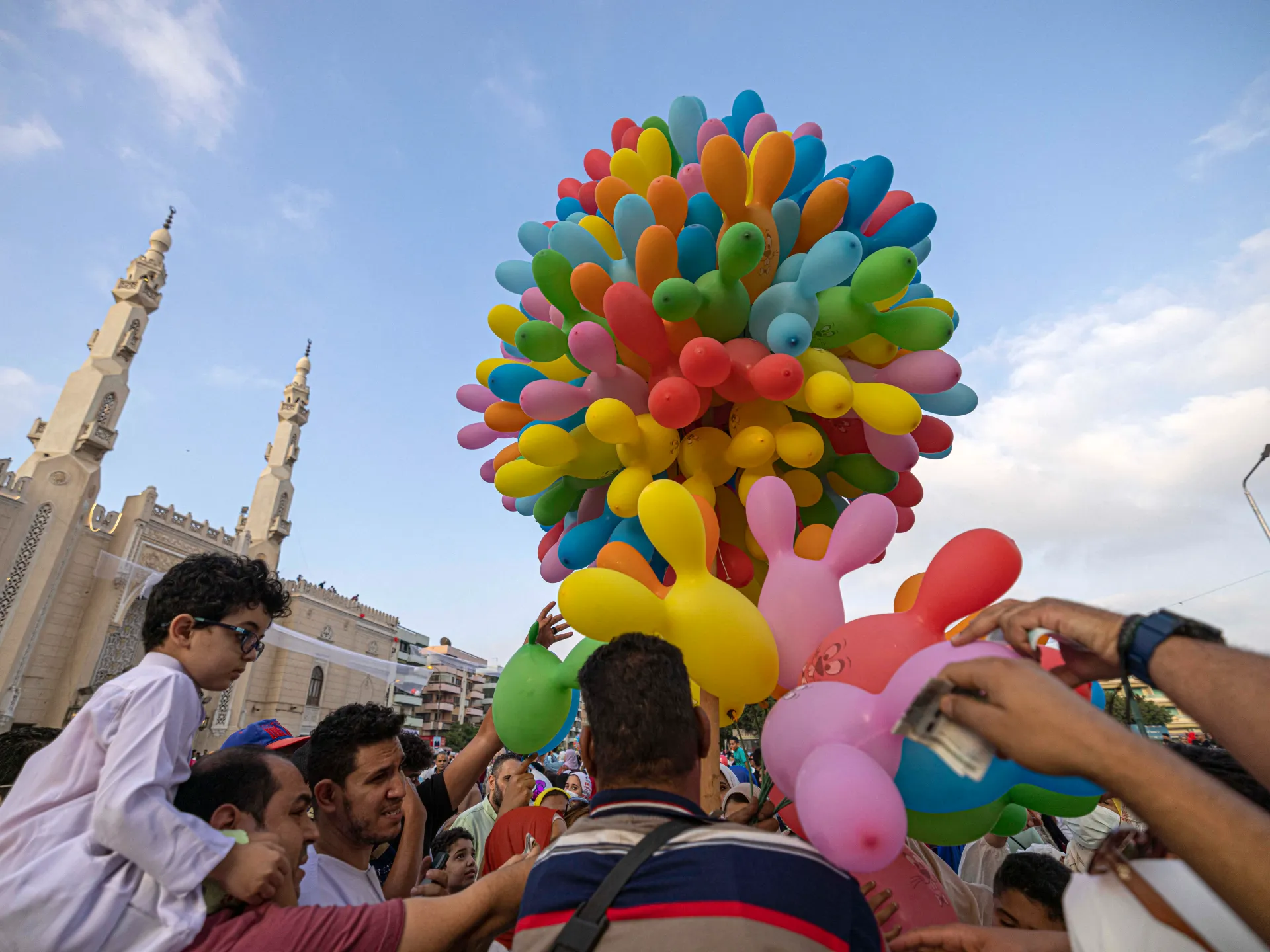As Finland becomes increasingly diverse, it’s essential to recognize and understand the cultural and religious traditions of different communities within the country. Muslims constitute a significant minority in Finland, and their holidays hold special significance in their lives. In this article, we will explore the Muslim holidays celebrated in Finland, their significance, traditions, and how they are observed in the Finnish context. Additionally, we will introduce an exclusive method aimed at promoting intercultural understanding and inclusivity during Muslim holidays in Finland.
Overview of Muslim Holidays
1. Eid al-Fitr (عيد الفطر)
Explanation: Eid al-Fitr, also known as the Festival of Breaking the Fast, marks the end of Ramadan, the Islamic holy month of fasting.
Significance:
- Celebration of spiritual renewal, gratitude, and community.
- Commemorates the completion of a month-long fast from dawn to sunset.
2. Eid al-Adha (عيد الأضحى)
Explanation: Eid al-Adha, also known as the Festival of Sacrifice, commemorates the willingness of Prophet Ibrahim (Abraham) to sacrifice his son as an act of obedience to God.
Significance:
- Celebration of faith, sacrifice, and generosity.
- Involves the sacrifice of an animal (usually a sheep, goat, or cow) and the distribution of meat to the less fortunate.
Observing Muslim Holidays in Finland
1. Community Gatherings and Prayers
Explanation: Muslims in Finland gather in mosques, community centers, or outdoor spaces to perform special prayers and participate in communal celebrations.
Traditions:
- Special Eid prayers: Muslims gather for Eid prayers early in the morning and listen to sermons delivered by religious leaders.
- Community meals: Families and friends come together to share festive meals and exchange greetings and gifts.
2. Charity and Giving Back
Explanation: Charity and giving back to the community are integral parts of Muslim holidays, emphasizing generosity and compassion towards those in need.
Traditions:
- Zakat al-Fitr: Muslims give a mandatory charity known as Zakat al-Fitr before the Eid prayers to ensure that everyone can partake in the festivities.
- Volunteering: Many Muslims engage in volunteer activities, such as serving meals at homeless shelters or organizing community events for disadvantaged individuals.
Exclusive Method: Intercultural Harmony Initiative (IHI)
To promote intercultural understanding and inclusivity during Muslim holidays in Finland, we introduce the Intercultural Harmony Initiative (IHI). This initiative aims to foster dialogue, collaboration, and mutual respect among diverse communities and promote cultural exchange and appreciation.
Steps of the Intercultural Harmony Initiative (IHI)
- Interfaith Dialogue and Collaboration:
- Interfaith Forums: Organize interfaith forums and discussions where members of different religious communities can share their traditions, beliefs, and experiences.
- Collaborative Projects: Facilitate collaborative projects and initiatives that bring together individuals from diverse backgrounds to work towards common goals and address shared challenges.
- Cultural Awareness and Education:
- Cultural Workshops: Offer workshops and educational programs on Islam and Muslim traditions to promote cultural awareness and understanding among the wider community.
- School Curriculum Integration: Advocate for the inclusion of information about Muslim holidays and traditions in school curricula to promote diversity and multiculturalism among students.
- Community Engagement and Celebration:
- Interfaith Celebrations: Organize interfaith celebrations and cultural festivals that highlight the diversity of religious traditions and promote unity and solidarity among community members.
- Cultural Exchange Programs: Facilitate cultural exchange programs and events where individuals can learn about and experience different cultural practices and traditions firsthand.
Muslim holidays in Finland hold deep significance for the Muslim community and provide opportunities for celebration, reflection, and community engagement. By understanding the traditions and practices associated with Eid al-Fitr and Eid al-Adha, as well as implementing initiatives like the Intercultural Harmony Initiative (IHI), Finland can foster a more inclusive and harmonious society where individuals from diverse backgrounds feel valued, respected, and appreciated. As Finland embraces its multicultural identity, recognizing and celebrating Muslim holidays enriches the cultural tapestry of the country and strengthens bonds of friendship and understanding among its citizens.
